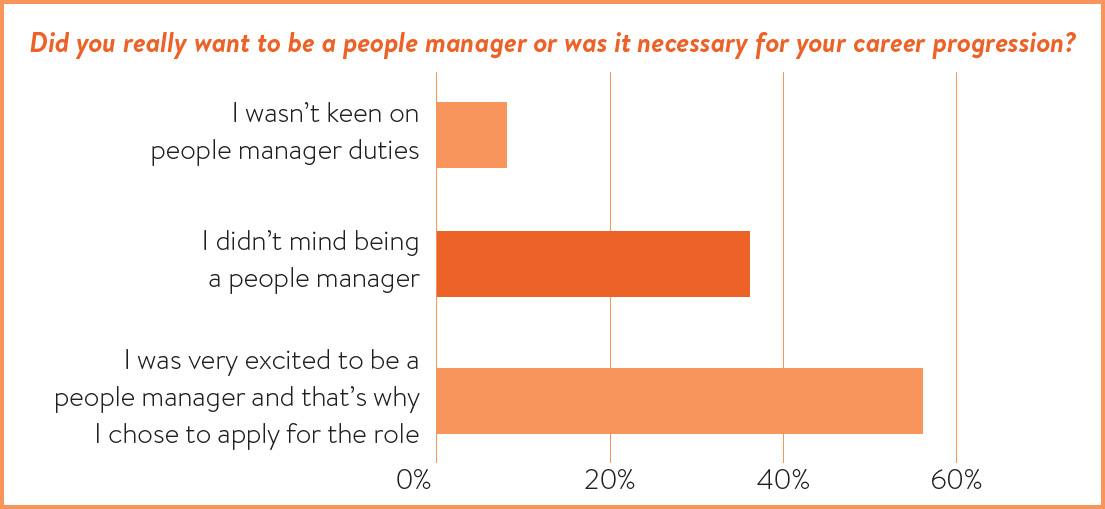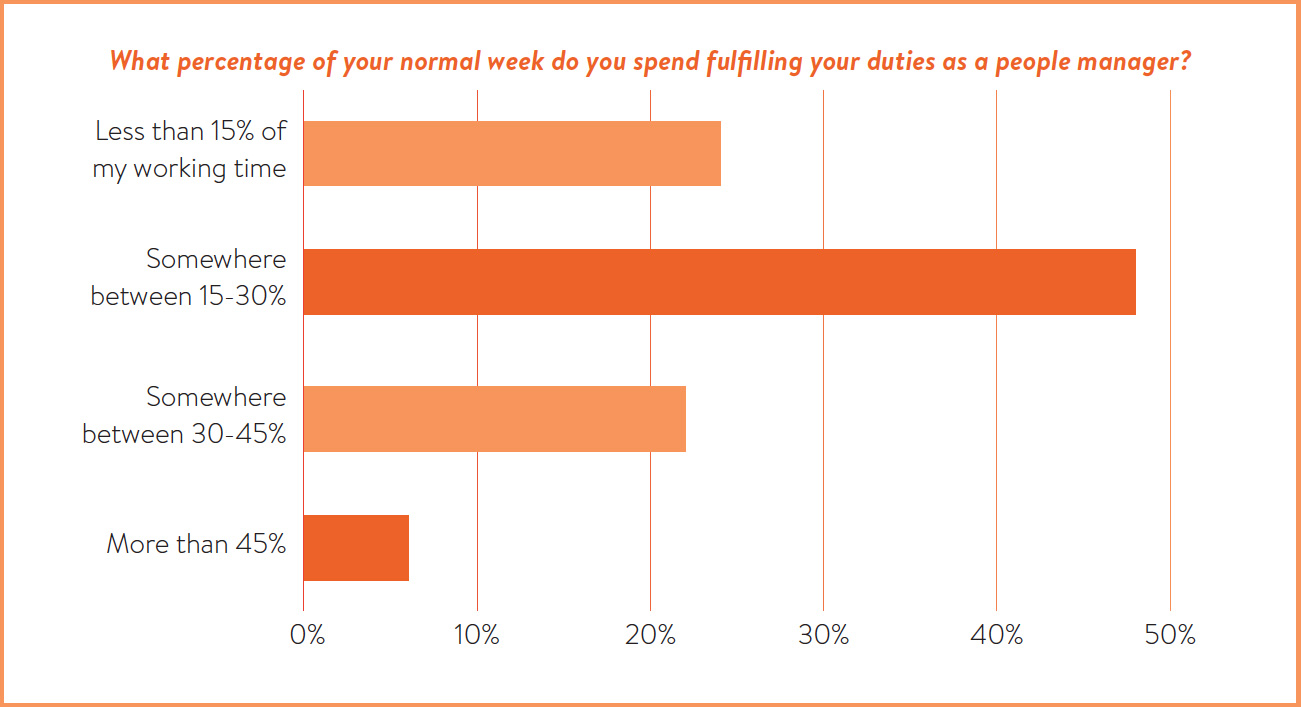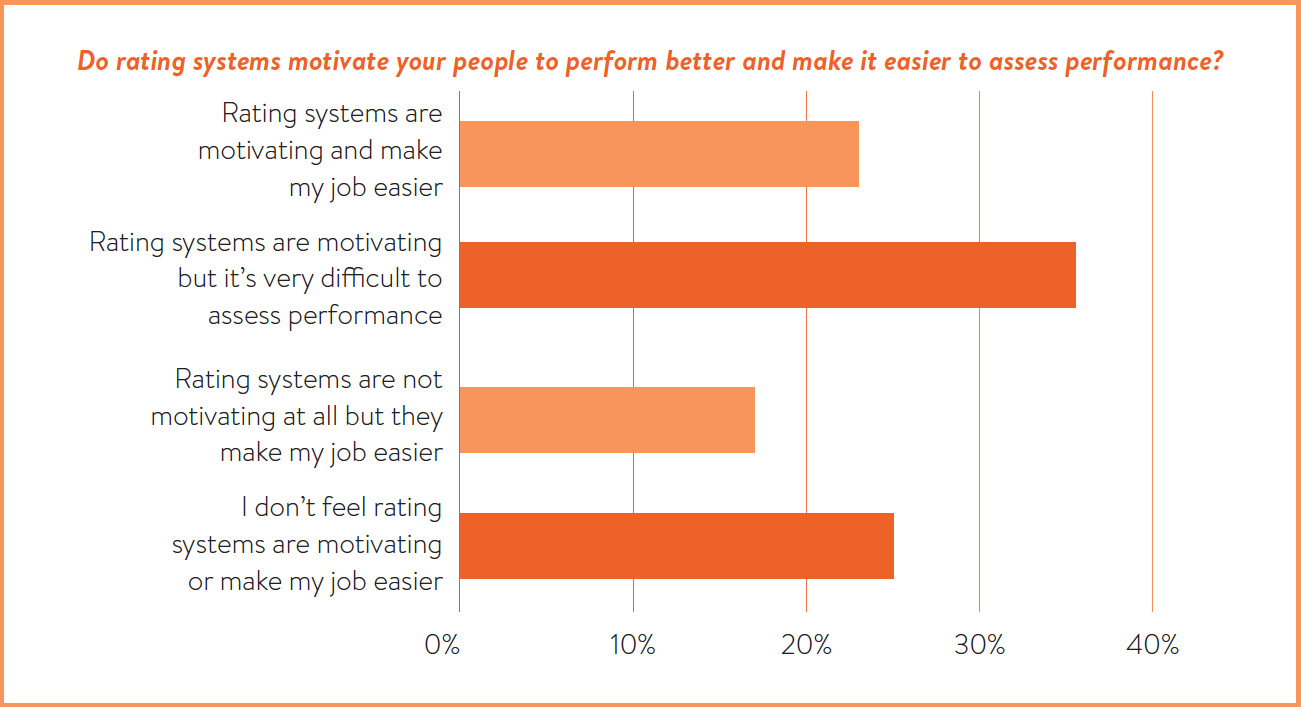
The Manager’s Mindset: What’s it like being a people manager?
Anna Fiofilova is a Senior Software Engineer at REA Group. Catch Anna during AgileAus19 as she presents as part of the lightning talks-where she and other presenters will share quickfire, five minute talks on a smorgasbord of topics.
“In 2025, it is my dream that people, when asked why they joined a company, will no longer say ‘Because I heard they were so Agile’; they would say “Because I heard the managers were awesome” – Nigel Dalton
In the Agile community, we often shy away from the word ‘manager’, and instead focus more on ‘coaching’, ‘mentoring’ or ‘leading’. However, I’ve found that having a good manager is more important than anything else. We still see people leaving awesome workplaces simply because their managers haven’t paid much attention to them or, even worse, have prevented them from developing their careers. In small and large organisations alike, we need to be more Agile in our HR departments and place a greater focus on people management.
I recently conducted some research in my company to get an insight into the mindset of people managers. I had a suspicion that people management duties were often treated as secondary to ‘main roles’ like Delivery or Tech leadership. My research involved anonymous surveys of 50 people managers with direct reports, plus a few face-to-face interviews.
Below, some select findings from my survey offer an insight into what’s involved in being a people manager, and what policies, practices or processes might add more value to the role.
The role of the people manager
Firstly, I was interested in whether people genuinely wanted to be a people manager, or whether they just viewed it as a necessary step to progress in their careers. My findings were generally positive.

I then asked, “Do you feel you have too few or too many direct reports?” 74% of respondents had just enough direct reports, 18% felt they had too many, and 8% wanted more direct reports.
I was curious as to what percentage of a normal week respondents spent in fulfilling their duties as a people manager. In the graph on the next page, respondents provided an average figure for the year.

When asked in a follow-up question what they’d seek to improve in the people management space, many respondents wanted more time to spend with their reports. “The most challenging part about people management is how much time it consumes,” one manager noted. As another respondent explained: “when you have a direct report who is under-performing, it can drain a lot of your time and energy to ensure that person is heading in the right direction.”
Despite time constraints, all respondents reported having at least one meaningful, 1-on-1 conversation per month with each person they managed. It was suggested that “provid[ing] people managers with time out of their day jobs” to dedicate to these duties could greatly benefit both people managers and their reports.
The usefulness of performance review systems
As part of my survey, I also asked people managers whether they believed that current performance rating systems motivated their people to perform better and made it easier to assess performance. Over 60% of responding managers found that rating systems did not work for them.

Rating systems and meeting formal review commitments can “take more time than they provide value,” one respondent commented. Implementing “something more closely aligned to regular feedback and an OKR (or similar) setting approach” could ensure reports gain truly meaningful feedback. Similarly, another manager wanted “to [experiment] with OKRs more and really drive out metrics around the real delivery of value.”
We must remember that inconsistencies are inherent in performance frameworks. While managers may be able to identify the best performers in their own teams, it’s difficult to use this data to pinpoint the company’s ‘top’ performers—particularly in large organisations. The concept of ‘performance’ is almost impossible to universally define: it’s largely based on managers’ biases. Organisations need to ensure control networks are in place to prevent these biases from affecting teams and interfering with fair, balanced management.
In any case, people managers agreed it was crucial to have informal conversations about reports’ progress outside of formal performance frameworks. It’s essential not to shy away from “having a tough conversation with someone you manage”: be it around an HR issue, salary, or underperformance. We need to feel like we can candidly share our perceived wins and losses with managers, and that they’re there to advise us along the way.
Managing for growth
People management provides an opportunity for mutual personal growth: managers foster their teams and, in turn, the role presents growth opportunities for managers. As one manager put it: “Meaningfully helping people grow in their career is the most challenging and rewarding aspect of [the role].”
Helping facilitate growth, the majority of people managers I surveyed gathered and distributed feedback on the people they manage from their peers at least once or twice per year. Managers also made conscious efforts to improve their own management styles, with 89% regularly seeking direct or indirect feedback on their performance as a manager. However, there can always be more room for recognition of whether you’re doing your management job ‘right’.
The manager’s ‘conflict of interest’ is important to raise here. Managers must encourage growth outside their business units, even if it means their reports might move onwards or upwards to other teams. In any organisation, it’s crucial to ensure managers can freely make recommendations to their reports without the worry of compromising their delivery goals.
Increased training opportunities were welcomed by people managers, especially in “dealing with difficult employees and people with personality or mental health issues.” Although, as another respondent pointed out, it’s “really tricky to give generic advice on specific scenarios.” In these cases, HR can help to “provide one-on-one support to managers to help them manage a tricky people or performance situation.” Other proposed initiatives included establishing a mentoring scheme or an organisation-wide guild for people managers.

Stay in the loop
To receive updates about AgileAus and be subscribed to the mailing list, send us an email with your first name, last name and email address to signup@agileaustralia.com.au.

0 Comments